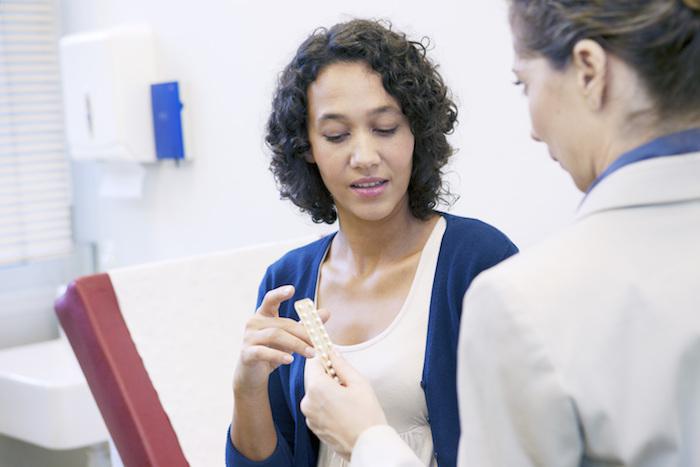Some people’s periods arrive each month like clockwork. For others, periods are unpredictable and may come as a surprise. Sometimes, they don’t happen at all! This doesn’t necessarily mean you’re pregnant.
Fever
It is
chills
After
Chills or sweats are also signs of infection after medical abortion. If you experience sudden and unexplained chills or excessive sweating, it may be an indication that you are suffering from a womb infection after abortion. It is essential to seek immediate medical attention as it can be a warning sign of a more severe uterus infection after abortion.
Other symptoms that may accompany chills and sweats include a high fever, abdominal pain or cramps, and unusual vaginal discharge. These signs of infection after medical abortion require medical intervention to avoid further complications.
Infections after abortion can lead to severe health complications if left untreated. Therefore, it is crucial to seek prompt medical care if you experience any signs of infection after an abortion, including chills or sweats. Early intervention is vital in treating an infection, and it can also prevent the infection from spreading to other parts of the body.
Abnormal Vagina discharge
One Another important sign of infection after an abortion is abnormal vaginal discharge. Normal discharge may increase slightly after an abortion, but if you notice any changes in color, consistency, or odor, it could be a sign of womb or uterus infection after abortion. Some possible signs of infection-related discharge include a foul smell, yellow or green color, or a cottage cheese-like texture. Additionally, you may experience itching or burning sensations in the vaginal area. If you notice any of these signs of womb infection after abortion or signs of uterus infection after abortion, contact your healthcare provider right away. Early treatment is crucial for preventing further complications.
Avoid douching
One important thing you can do to reduce the risk of infection after an abortion is to avoid douching. Douching can disrupt the natural balance of bacteria in your vagina, making it more susceptible to infections. Additionally, it can cause irritation and even damage to the tissues in your vagina, which can make it easier for bacteria to enter.
If you’ve had an abortion, it’s important to let your body heal naturally and not try to “clean” your vagina in any way. You should also avoid using any kind of tampon, diaphragm, or other object that could introduce bacteria into your uterus.
Of course, even if you follow these guidelines, it’s still possible to develop an infection after an abortion. That’s why it’s crucial to take your antibiotics as prescribed by your doctor. These antibiotics are specifically designed to target the types of bacteria that are most likely to cause infection after an abortion.
If you experience any warning signs of infection after an abortion, such as fever, heavy bleeding, severe abdominal pain, or foul-smelling discharge, seek medical attention right away. With prompt treatment, you can avoid serious complications like septic abortion or womb infection after abortion.
Overall, reducing the risk of infection after an abortion requires a combination of good hygiene practices, taking antibiotics as prescribed, and paying attention to any warning signs of infection. By following these steps, you can ensure that your recovery is as smooth and complication-free as possible.
How to treat infections
how to treat infections incase you acquired it after a medical termination of pregnancy
Share with friends!




